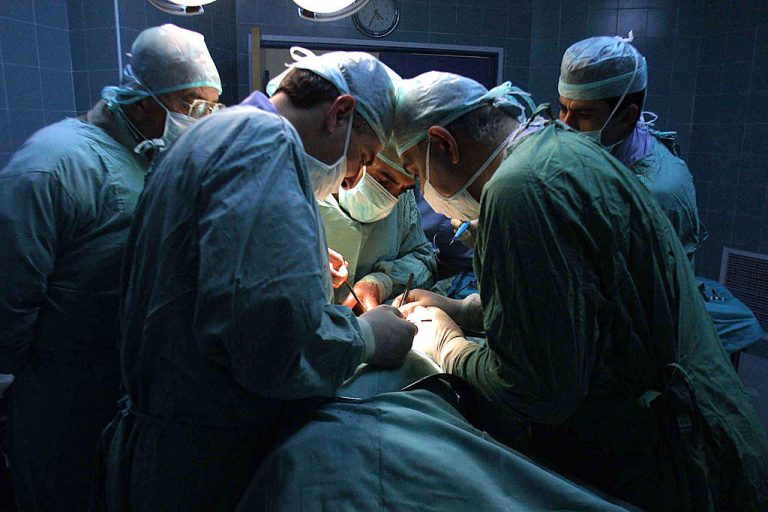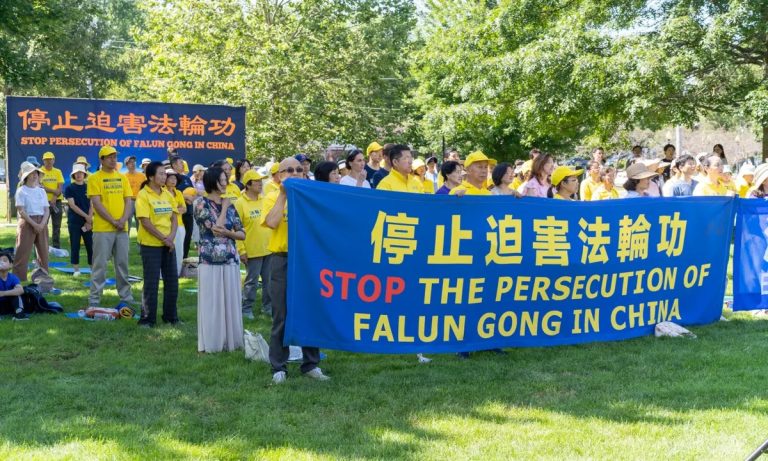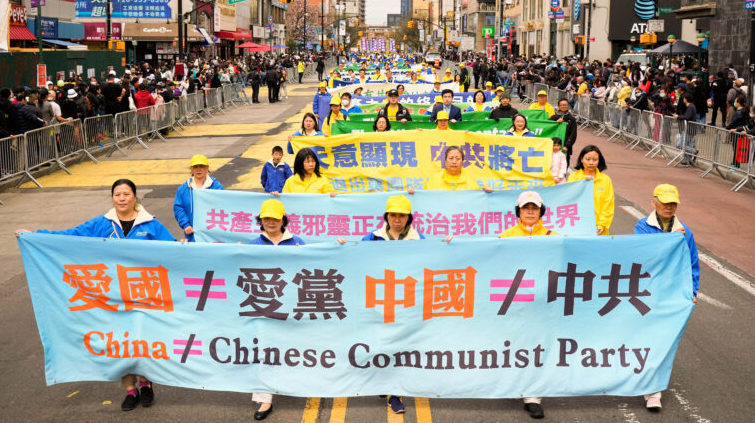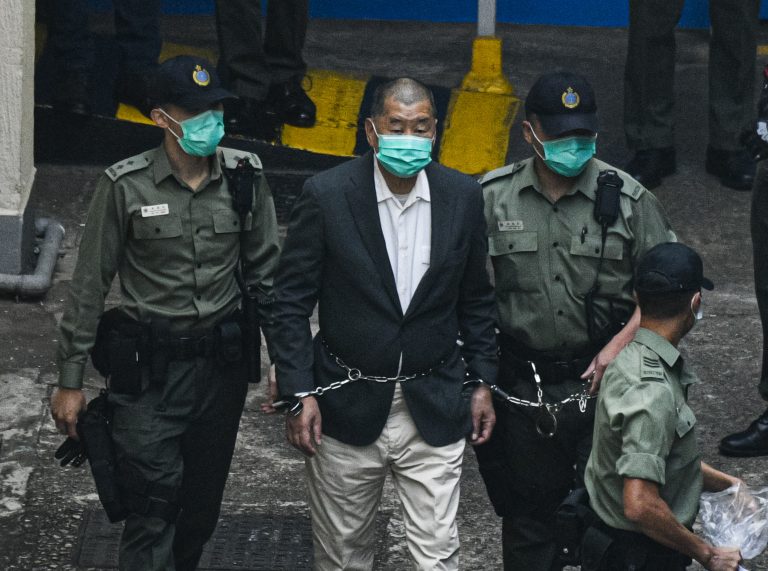For several decades now, the organ transplant industry in China has had a sinister, dark and often illegal side, according to research conducted by a growing number of experts.
According to the reports, the communist regime has been murdering thousands of prisoners jailed in concentration camps in order to harvest their organs and sell them for high prices to local and foreign customers.
MORE ON CHINA’S ORGAN HARVEST TRADE:
- New Report Shows Chinese Doctors Used Organ Harvesting as a Method of Execution
- Child and Bride Trafficking in China Linked to Organ Harvesting: Activist Report
- Organ Harvesting in China Denounced in UK and US Legislation
In a May 12 Congressional hearing, Ethan Gutmann — a senior research fellow in China studies at the Victims of Communism Memorial Foundation and co-author of the landmark works on the subject, “Bloody Harvest” and “The Slaughter” — told lawmakers that the Chinese Communist Party (CCP) may be murdering as many as 50,000 concentration camp victims each year in order to sell their organs.
In his research, Gutmann also noted that each healthy individual killed to extract his or her organs could yield two or three organs, meaning the Chinese regime could be selling as many as 150,000 organs from these victims each year.
Gutmann is widely known as one of the world’s top experts on China’s organ harvesting industry and has suggested that tens of thousands of prisoners of conscience kept in Chinese prisons, including Falun Gong adherents, house Christians, and more recently, Uyghur Muslims from China’s Xinjiang region may be targets in the organ trade.
Leading experts speak out
Success
You are now signed up for our newsletter
Success
Check your email to complete sign up
The Congressional hearing, organized by Rep. Chris Smith (Rep-NJ), chair of the Tom Lantos Human Rights Commission, titled “Forced Organ Harvesting in China: Examining the Evidence,” saw Gutmann as one of several experts that testified on the subject.
Others in attendance included Enver Tohti — a surgeon from China’s northwestern Xinjiang region who claims to have been forced to harvest organs from a Chinese political prisoner in 1995.
Tohti narrated his experience as a young surgeon in 1995, dragged to an execution site and ordered to rapidly cut out the heart of a political prisoner who was killed in front of him. He referred to Xinjiang — which is home to the Uyghurs and other Turkic minorities — as “a gigantic open-top human laboratory,” and accused the CCP of using the organs not just for profit, but also for hidden nuclear weapons tests and, potentially, bioweapons research.
Tohti’s testimony concluded with an ominous anecdote, as he recalled how in October 2017, after giving a talk on organ harvesting in Taipei, a man approached him and said, “my brother went to Tianjin for his kidney, and said his surgeon told him that all organs are coming from Xinjiang now.”
In late 2020, Gutmann told Haaretz in Israel that some 15 million members of minorities in the Xinjiang province, including Uyghur Muslims, underwent medical examinations essential to check matches of organs for transplant. Gutmann added that over a million of those tested were in prison camps.
“This is not sporadic,” he said, adding that China has “created a policy of ethnic cleansing – a potentially very profitable one.”
READ MORE:
- New Congressional Report on China’s Religious Persecutions Highlights Plight of Falun Gong Adherents
- UK Lawmakers Join Designation of Uyghur Persecution as Genocide
- Uyghurs Now Face a Double Threat: Communist China and The Taliban
Executed for their organs
The findings also suggested that some of the victims may have been killed at the moment their organs were extracted.
“Our algorithm searched for evidence of problematic declarations of brain death during organ procurement. We find evidence in 71 of these reports, spread nationwide, that brain death could not have properly been declared,” authors Matthew P. Robertson and Jacob Lavee, long-time investigators of China’s organ harvesting trade, wrote in a lengthy study published on April 4 of this year.
This would be both a violation of basic transplantation ethics, and at the same time show that the donors had not died as a result of an accident — as is the case in the U.S. — but due to their organs being surgically removed.
“In these cases, the removal of the heart during organ procurement must have been the proximate cause of the donor’s death,” Robertson and Lavee write in the study’s abstract. The findings, they say, “strongly suggest that physicians in the People’s Republic of China have participated in executions by organ removal.”
US legislation
The hearing followed the publication of years of evidence that the Chinese regime was killing healthy people and selling their organs on the black market.
The evidence also shed light on how buyers were often eager to buy from China due to the short turnaround time in obtaining the organs as well as the relatively low surgical cost.
Following the hearing, Smith called for an “immediate concerted effort to stop this barbaric practice — not only in China, but also by its global enablers,” and introduced enhanced legislation to sanction individuals found engaging in forced organ harvesting or the traffic of organs stolen from political prisoners in China and elsewhere.
Smith previously introduced a bill, called the Stop Forced Organ Harvesting Act of 2021, which requires the U.S. State Department and Health and Human Services to provide regular reports on the topic so that lawmakers can properly know who to sanction and what further actions to take on the issue of forced organ harvesting.







